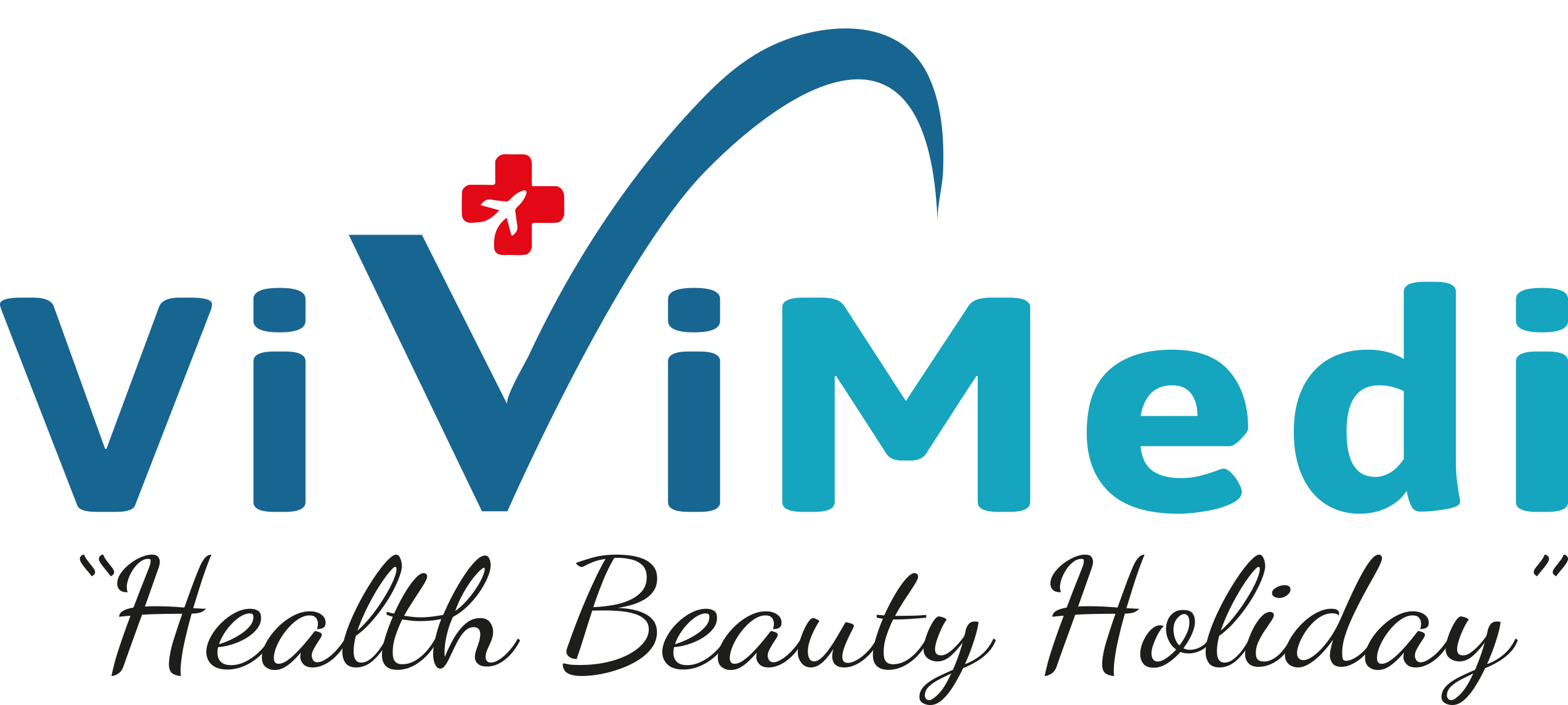After getting dental implants, it’s essential to follow your dentist’s instructions for post-operative care, including dietary recommendations. In the immediate days following implant surgery, you’ll likely need to stick to a soft or liquid diet to allow for proper healing and minimize discomfort. Here are some foods you can typically eat after getting dental implants:
Soft Foods: Opt for soft foods that are easy to chew and swallow, such as:
- Yogurt
- Smoothies
- Mashed potatoes
- Scrambled eggs
- Oatmeal
- Cottage cheese
- Soft fruits like bananas, avocado, and ripe melon
Protein-rich Foods: Protein is essential for tissue repair and healing. Incorporate soft protein sources into your diet, such as:
- Cooked, shredded chicken or turkey
- Flaked fish
- Tofu
- Protein shakes or smoothies with protein powder
Soups and Broths: Warm, nutritious soups and broths can provide essential nutrients and hydration. Choose clear or blended soups without large chunks of ingredients, and avoid overly hot temperatures that could irritate the surgical site.
Pasta and Noodles: Cooked pasta and noodles, such as spaghetti or macaroni, can be soft and easy to eat. Avoid sauces with chunks or seeds that may irritate the surgical area.
Steamed Vegetables: Soft, steamed vegetables like carrots, squash, zucchini, and green beans can provide vitamins and fiber while being gentle on the healing gums.
Soft Breads and Grains: Opt for soft bread varieties like white bread, rolls, or tortillas. You can also enjoy cooked grains like rice or quinoa.
Dairy Products: Dairy products are a good source of calcium and protein. Enjoy soft cheeses like brie or cream cheese, as well as milk or yogurt-based dishes.
Nut Butters: Smooth nut butters, such as peanut butter or almond butter, can provide protein and healthy fats. Spread them on soft bread or crackers for a nutritious snack.
Gelatin and Pudding: Soft desserts like gelatin and pudding can be soothing and easy to eat after dental implant surgery. Look for sugar-free varieties to minimize the risk of irritation.
It’s essential to avoid hard, crunchy, sticky, or tough foods that could potentially dislodge or damage the dental implants during the initial healing phase. Follow your dentist’s recommendations for dietary restrictions and gradually reintroduce harder foods as your healing progresses. Be sure to maintain good oral hygiene practices and attend follow-up appointments with your dentist for optimal healing and long-term success with your dental implants.


